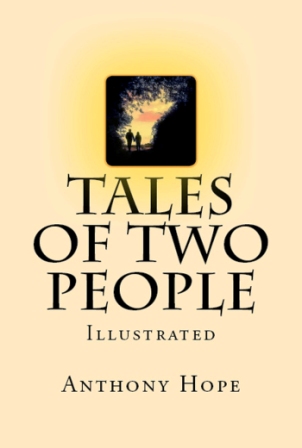So much for common opinion. Let no more be heard of its dull utilitarian judgments! There are plenty of eminent men—at the mo-ment, it is believed, no less than seventy Cabinet and ex-Cabinet Ministers (or thereabouts)—to say nothing of Bishops, Judges, and the British Academy—and all this in a nook of the world! (And the world too is a point!) Lynborough was something much more uncommon; it is not, however, quite easy to say what. Let the question be postponed; perhaps the story itself will answer it.
He started life—or was started in it—in a series of surroundings of unimpeachable orthodoxy—Eton, Christ Church, the Grenadier Guards. He left each of these schools of mental culture and bodily discipline, not under a cloud—that metaphor would be ludicrously inept—but in an explosion. That, having been thus shot out of the first, he managed to enter the second—that, having been shot out of the second, he walked placidly into the third—that, having been shot out of the third, he suffered no apparent damage from his repeated propulsions—these are matters explicable only by a secret knowledge of British institutions. His father was strong, his mother came of stock even stronger; he himself—Ambrose Caverly as he then was—was very popular, and extraordinarily handsome in his unusual outlandish style.
His father being still alive—and, though devoted to him, by now apprehensive of his doings—his means were for the next few years limited. Yet he contrived to employ himself. He took a soup-kitchen and ran it; he took a yacht and sank it; he took a public-house, ruined it, and got himself severely fined for watering the beer in the Temperance interest. This injustice rankled in him deeply, and seems to have permanently influenced his development. For a time he forsook the world and joined a sect of persons who called themselves “Theophilanthropists”—and surely no man could call himself much more than that?
Returning to mundane affairs, he refused to pay his rates, stood for Parliament in the Socialist interest, and, being defeated, declared himself a practical follower of Count Tolstoy. His father advising a short holiday, he went off and narrowly escaped being shot somewhere in the Balkans, owing to his having taken too keen an interest in local politics. (He ought to have been shot; he was clear—and even vehement—on that point in a letter which he wrote to The Times.) Then he sent for Leonard Stabb, disappeared in company with that gentleman, and was no more seen for some years.
































